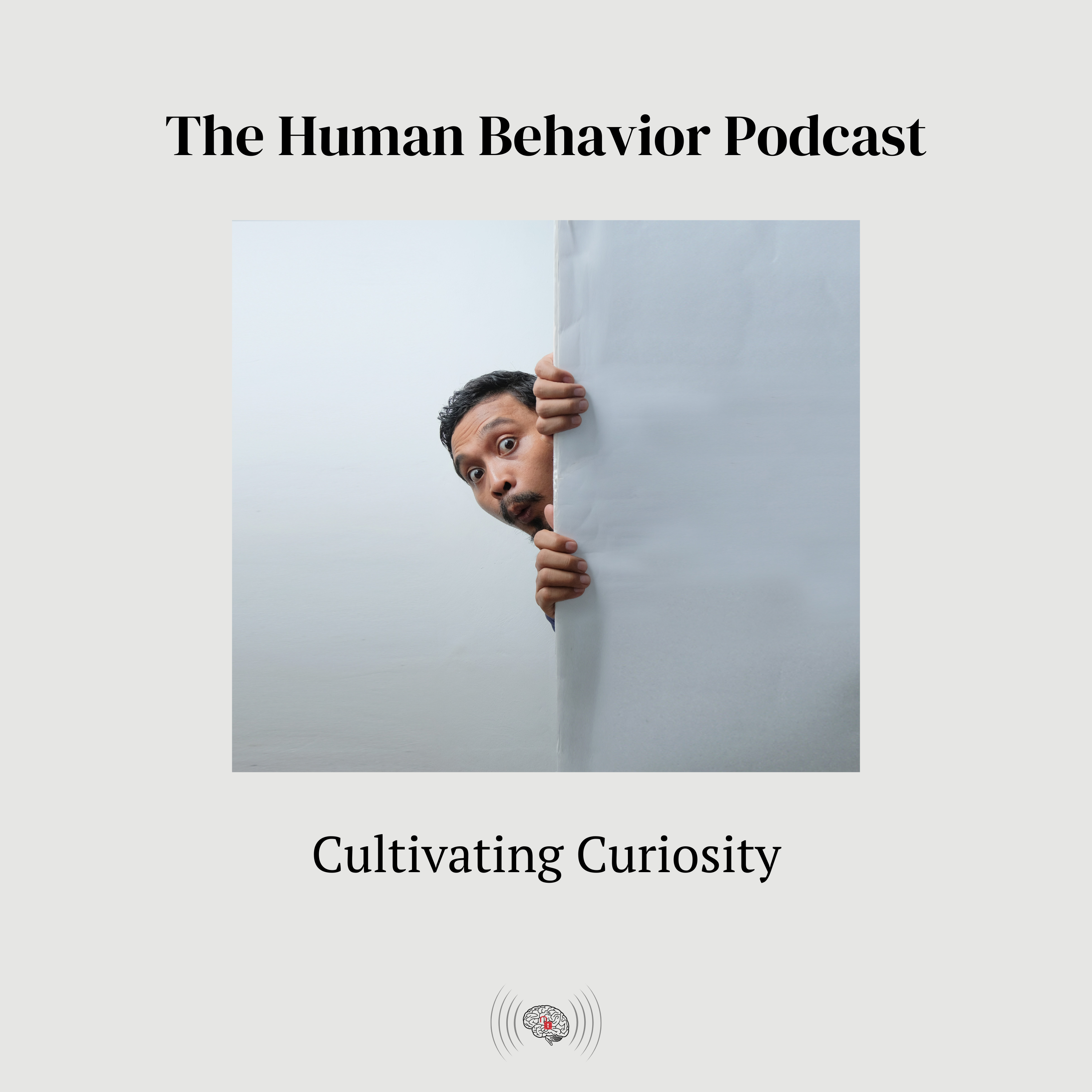Curiosity is often thought of as a trait best suited for children, but in reality, it is a powerful tool that can significantly enhance our situational awareness and understanding of human behavior. In our latest podcast episode, “Cultivating Curiosity,” we delve into the myriad ways curiosity can transform our everyday lives. From engaging scavenger hunts that train your mind to recognize anomalies to real-life stories that underscore the importance of questioning your surroundings, this episode promises to offer valuable insights for everyone.
One of the central themes of the episode is the concept of cultivating curiosity. In a world dominated by technology and social media, our natural curiosity often takes a backseat. We discuss how to harness this powerful trait to better read and interpret situations by being observant and questioning our surroundings. Sharing personal stories, including how curiosity can be nurtured in children, we highlight the importance of staying alert and responsive to anomalies in everyday life. Curiosity, as we emphasize, is a foundational skill that can significantly enhance situational awareness and understanding of human behavior.
We explore the practical aspects of cultivating curiosity in our environment by engaging in activities like scavenger hunts. These activities train the brain to notice subtle details and nonstandard observations, such as finding everyday objects like ladders, shopping carts, or feral cats. These exercises build curiosity, confidence, and motivation, preparing us to identify more critical, less frequent events. Understanding negative space and how criminals utilize it is also emphasized, as these insights can help us better navigate our surroundings and stay safe.
The episode also delves into the concept of using incongruence as a strategy for situational awareness. Noticing details that don’t fit the expected context can be crucial in identifying potential threats. Personal anecdotes, such as a humorous childhood memory about U-Haul trucks and a real-life example of spotting unusual behavior in a school district car, illustrate this point. By paying attention to seemingly minor details, like why someone might take the stairs instead of the elevator, we can develop reasonable suspicion or probable cause. This mental training helps us recognize patterns and irregularities in our environments more effectively.
In addition to situational awareness, the episode explores the nuances of curiosity in various environments, from military settings to everyday scenarios. Sharing anecdotes from Iraq and everyday observations, we highlight how noticing small anomalies can lead to significant insights. Whether detecting potential IEDs in a warzone or identifying suspicious behavior at a grocery store, being curious and questioning your surroundings can enhance safety and effectiveness. True situational awareness goes beyond a textbook definition; it’s about actively engaging with and interpreting your environment to make informed decisions.
The human tendency to rely on vision in high-stress situations is another topic we explore. By cultivating curiosity and being attentive to unusual patterns, individuals can make more informed decisions and better understand their surroundings. We discuss how security professionals and ordinary people alike can enhance their situational awareness by noticing behaviors and environmental cues, such as the presence and placement of security cameras in locations like Walmart.
Identifying anomalies through curiosity and context is another critical aspect covered in the episode. Drawing parallels between spotting feral cats and detecting suspicious behavior, we discuss how context-dependent anomalies can be crucial indicators. Understanding the importance of comparative baselines and how our brains process information through comparisons to known entities helps avoid common errors in judgment and make informed observations.
The complexities of identifying and reacting to suspicious behavior in various environments are also explored. Trusting one’s instincts and taking proactive measures, like calling 911 when something seems off, are emphasized. While general guidelines for legal, ethical, and moral behavior can be provided, specific actions depend on individual circumstances. Teaching children to seek help and recognize exits can be applied to everyday situations, highlighting the importance of always considering de-escalation and staying aware of one’s surroundings for safety.
Finally, the episode emphasizes the importance of situational awareness in everyday settings, such as large parking lots at Home Depot and Walmart. Observing your surroundings in these environments can provide valuable insights and increase personal safety and survivability. For those looking to dive deeper into these topics,
Website: https://thehumanbehaviorpodcast.buzzsprout.com/share
Facebook: https://www.facebook.com/TheHumanBehaviorPodcast
Instagram: https://www.instagram.com/thehumanbehaviorpodcast/
Patreon: https://www.patreon.com/ArcadiaCognerati
More about Greg and Brian: https://arcadiacognerati.com/arcadia-cognerati-leadership-team/

Comments are closed